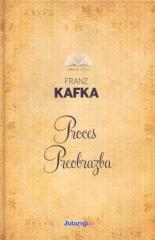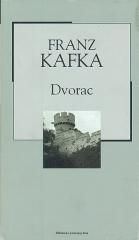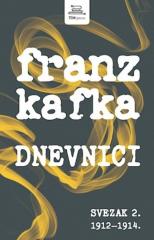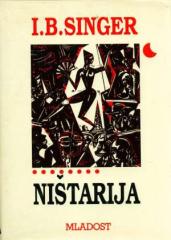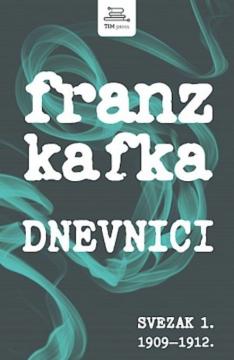
Dnevnici, 1. svezak: 1909-1912.
Kafkini dnevnici, objavljeni posthumno, otkrivaju unutrašnji svet jednog anksioznog genija. Prvi tom obuhvata njegove rane godine, kada je Kafka radio kao službenik osiguranja u Pragu, suočen sa turobnim životom i književnim ambicijama.
Ovi fragmenti, pisani uglavnom noću, nisu dnevnički zapisi u klasičnom smislu, već mozaik misli, snova, skica i samokritike – poput dnevnika duše na ivici postojanja.
počinje opisima noćnih šetnji Pragom, susreta sa prijateljima poput Maksa Broda i porodičnih večera. Kafka beleži apsurdnost svakodnevnog života: „Život je samo san, a san je samo san.“ On razmišlja o braku, seksualnosti i jevrejskom identitetu, sa dozom humora i ironije. 1910. se duboko bavi pisanjem: „Šta je pisanje? Kao da se čovek otvara i zatvara.“ Skice poput „Opisa borbe“ najavljuju „Proces“ i „Zamak“. Snovi o gušenju, progonu i nedostatku komunikacije otkrivaju duboku usamljenost.
donosi putovanja u Pariz i Italiju, gde Kafka opisuje Luvr i Veneciju mešavinom očaja i lepote: „Sve je laž, samo je umetnost istinita – ali čak je i to lažno.“ Susret sa Felisom Bauer 1912. godine označava prekretnicu: ljubavna pisma i dnevnički monolozi o strahu od intimnosti („Ja sam ništa, ona je sve“). Tiranija oca je naglašena u fragmentima koji kulminiraju u „Pismu ocu“ (1919, ali koreni su ovde). Teme: krivica, otuđenje, borba sa telom i jezikom.
Ovi dnevnici su ključ za razumevanje Kafkinog sveta – lavirinta straha i stvaralačke vatre. Oni nisu samo intimni isečci, već nagoveštaji modernog čoveka: zarobljenika sopstvene glave. Knjiga se završava na pragu „Strašnjeg suda“, nagoveštavajući mračniju notu njegovih kasnijih godina.
Jedan primjerak je u ponudi
